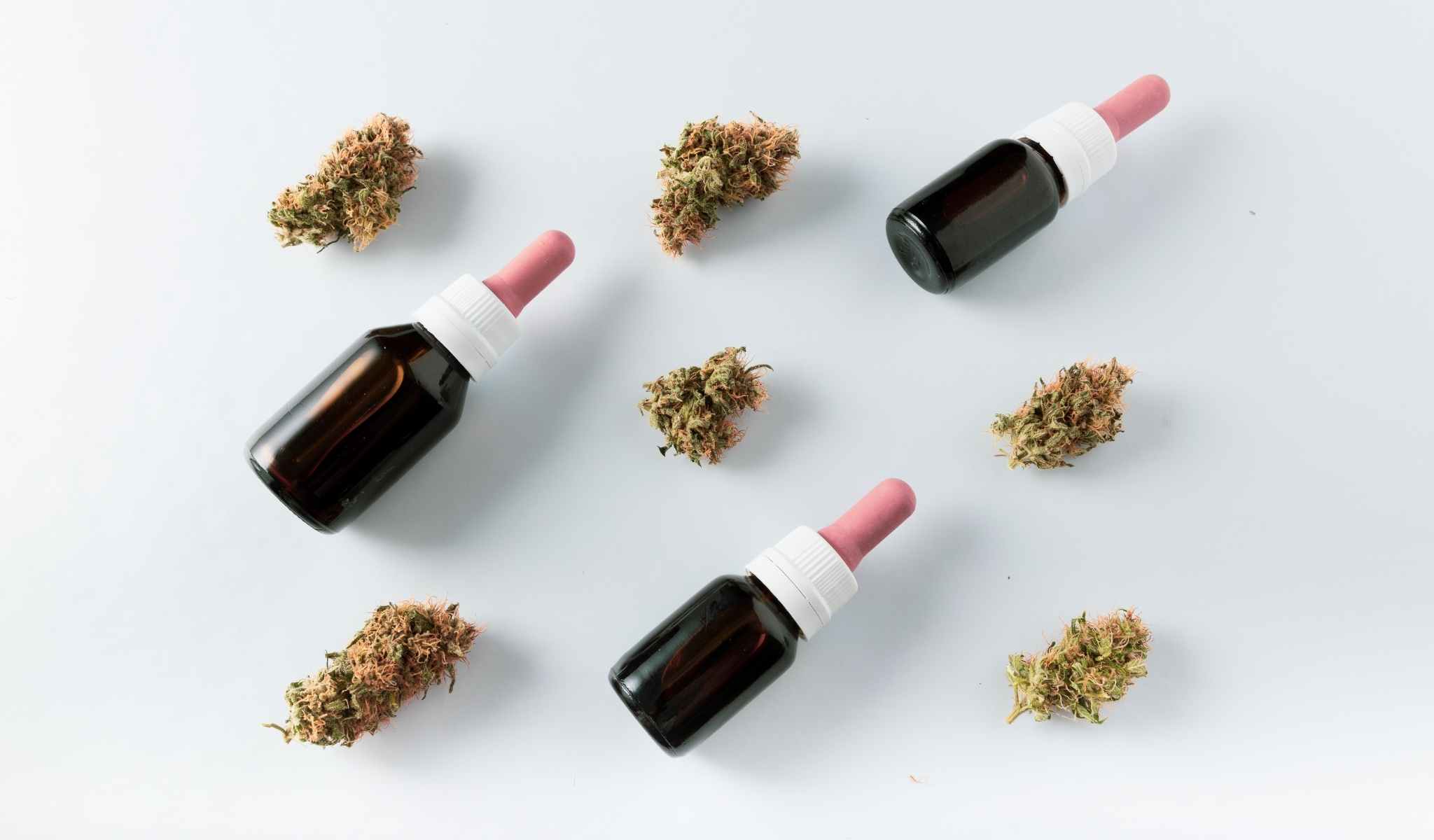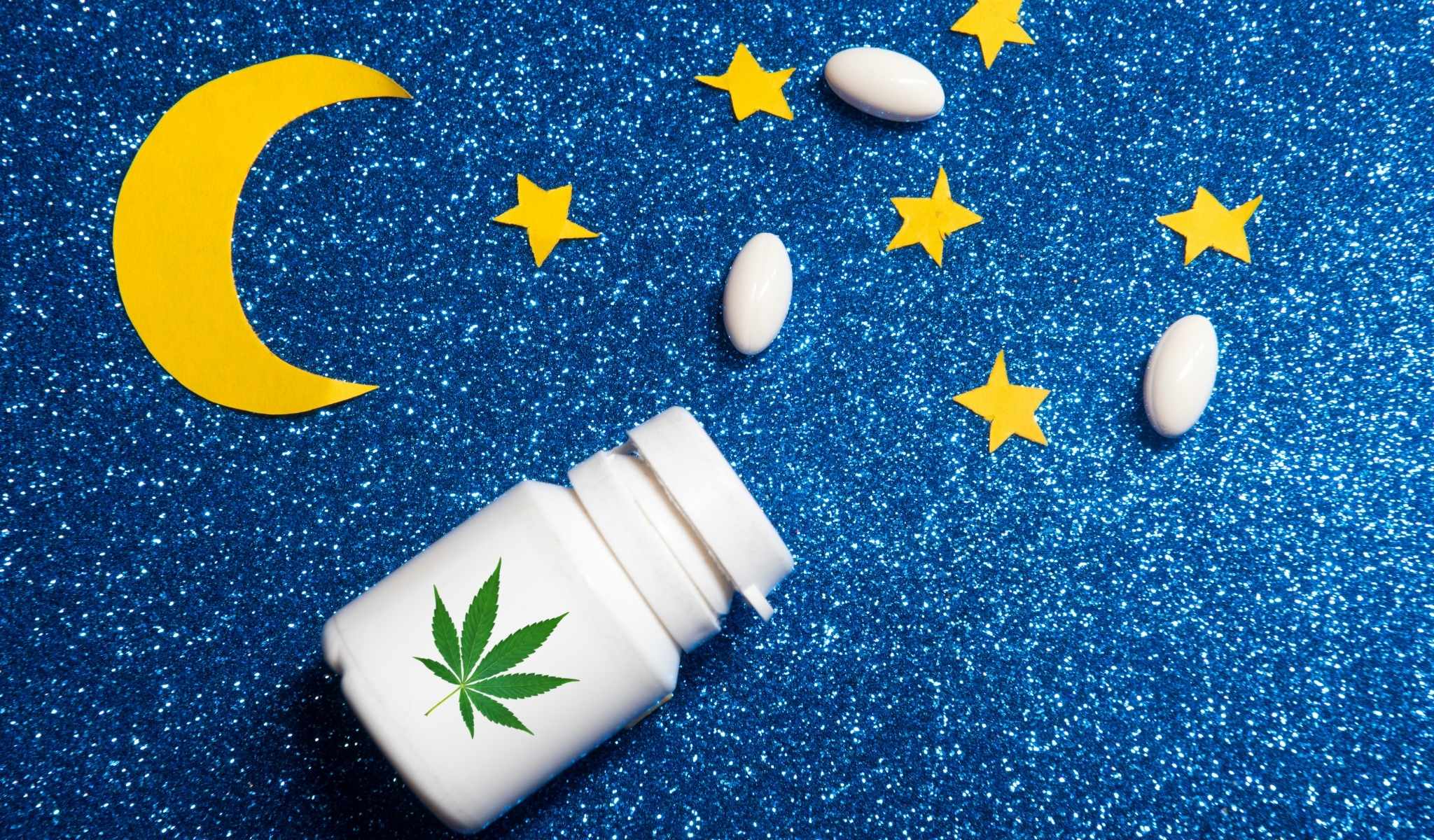
Can CBD Oil Cause Diarrhoea?
CBD oil is known for its immensely beneficial medicinal effects. CBD oil has been demonstrated to help manage all kinds of severe ailments, from treating chronic inflammation to various neurodegenerative diseases.
However, with all the good medical news with CBD Oil, there is usually some bad news.
CBD can induce adverse effects like dry mouth, diarrhoea, decreased appetite, tiredness, and fatigue, even though it’s usually well taken. Other medications you’re taking, such as blood thinners, may interact with CBD. The unpredictability of the purity and amount of CBD in goods is another source of concern.
Irritable Bowel Syndrome (IBS) symptoms such as cramping, bloating, and diarrhoea can be managed with various home remedies and pharmaceuticals. Cannabidiol (CBD) may also aid, according to some research.
CBD oil is available for various medical conditions, including IBS, Ulceritis, and other similar medical conditions. Research shows CBD oil treating and preventing irritable bowel syndrome. Similar research also demonstrates CBD oil causing diarrhoea as a side-effect. Definitive proof of either is still unavailable until further human studies and clinical trials are completed.
Despite the common idea that marijuana doesn’t have any adverse side effects to speak of, there are unfortunately a few, with one being notable in its irritability: Diarrhea.
If you have ever used CBD oil, you might have experienced diarrhea. So what causes it? Let’s take a look at the reasons why diarrhea might be caused by using CBD oil.
How Can CBD Oil Cause Diarrhoea?
To understand the possible side effects of CBD oil, it is essential to understand what CBD oil is. CBD oil is an extracted cannabinoid called cannabidiol, commonly known as CBD, taken primarily from Cannabis sativa plants. This extracted substance is then suspended within inert oil to make it easy to imbibe it, whether orally or through administration into food.
CBD itself is a cannabinoid, similar to the more famous THC, known for getting people high when enjoying marijuana. CBD, on the other hand, is entirely non-psychoactive. Instead, it is used for its myriad medicinal effects. It is non-psychoactive because of the way it interacts with the body.
When imbibed, CBD finds its way to the endocannabinoid system (ECS), the health system in the body responsible for all kinds of bodily functions, such as inflammation and even, to some extent, the sensations linked to pain, as well as the speed at which cells regenerate.
Instead of attaching itself to the ECS’s receptors like how THC does, CBD instead triggers the CB1 and CB2 receptors calmly and gradually, producing the beneficial effects that increased stimulation of the ECS can cause, but without any kind of psychoactive high.
By attaching itself to the endocannabinoid system and triggering the receptors, CBD can help heal or treat all types of different medical conditions, as the ECS exists throughout the human body. This extends from the skin to your brain, so it is theoretically possible for CBD oil to work with every single part of your body.
When the CB1 and CB2 receptors are triggered, they start a chain reaction of different enzymatic and hormonal responses that eventually cause various medical changes in your body. For example, by acting as an adenosine inhibitor, CBD oil can help reduce inflammation throughout the body by merely triggering the CB2 receptor.
Similarly, CBD oil can help encourage the release of helpful neurochemicals such as serotonin and melatonin, two essential chemicals that help you feel good and get to sleep respectively. CBD oil is thus considered a helpful way to help treat all manner of different conditions.
Does CBD oil help with chronic diarrhea?
Irritable bowel syndrome (IBS) is a digestive system illness that affects many people. IBS symptoms that frequently occur in the digestive system include:
- Cramping or pain in the abdomen
- Gas Bloating
- Constipation, diarrhoea, or loose stool (IBS-D) (IBS-C)
- Sensitivities to foods
IBS can be caused by various factors, including bacterial overgrowth and neural system imbalances that alter gut motility. As a result, treating IBS necessitates a multifaceted strategy.
IBS symptoms are common in persons with other digestive disorders, such as Crohn’s disease and ulcerative colitis.
Despite some promising preliminary results and suggestions, there is no conclusive evidence that CBD can alleviate IBS symptoms.
Finally, dietary adjustments such as a low-FODMAP diet, probiotics, and lifestyle adjustments such as practising meditation have established and established advantages for IBS, so there’s no need to wait for more study.
So, although we look at the current studies on CBD and IBS, don’t overlook more tried-and-true methods.
Cannabidiol (CBD) is a natural chemical found in the cannabis plant that is becoming increasingly popular as a treatment for a variety of ailments.
CBD appears to have potential in controlling the symptoms of irritable bowel syndrome, according to research (IBS). Irritable bowel syndrome (IBS) is a long-term gastrointestinal illness that can cause severe discomfort.
However, if this is the case, why on earth does it sometimes cause diarrhea?
Diarrhea and accompanying weight loss were the most reported side effect out of all polled regular CBD users. Interestingly, these symptoms only occurred with extremely frequent, common usage associated with treating chronic conditions.
Unfortunately, the study could not thoroughly diagnose the actual cause of this diarrhea, as the research concerning CBD oil’s abilities was not inherently linked to the bowels.
However, there are a few possible causes. One is that diarrhea is merely a standard reaction of the body when it is given a new medication that it is not used to.
Consider it similar to the small fever that some people experience when they move to a drastically different climate – it is the body reacting in a slightly alarming way at the change in its biochemistry.
Another reason is possibly even more likely due to another effect that marijuana typically causes – the munchies.
This article was researched using these and other references:
- IBS and Chronic Diarrhoea Treatment - CBD Oil DRRUSCIO.com
- Irritable Bowel Syndrom (IBS) - Public Medicine NCBI
- FODMAP Diet - DRRUSCIO.com
- Probiotics, IBS and chronic diarrhoea - NCBI
- CBD Oil reducing gut issues and pain - NCBI
- Combination of CBD and PEA (endocannabinoid) to reduce intestinal infalmmation and leaky gut in people - NCBI
- How CBD oil can be valuable for treating ulcerative colitis - NCBI
- How CBD oil can reduce gut tension and contractions - NCBI
- CBD Oil and its ability to normalise fast and slow motility in the gut - NCBI
- How CBD in cannabis can treat models of colitis - NCBI
- Benefits of CBD (cannabidiol) and bowels, IBS and stomach related medical conditions - Research Gate
- CBD Oil & Blood Things- CBDOILREVIEW.org

James King
James is an experienced writer and legal cannabis advocate in Australia. He answers all the questions about business, legalisation and medicinal cannabis.
Disclaimer: Cannabis Place are not doctors and we recommend consulting health professionals for accurate information. This site may contain information regarding drugs. This medicinal cannabis content is designed for an 18+ audience. Click here for our full disclaimer




